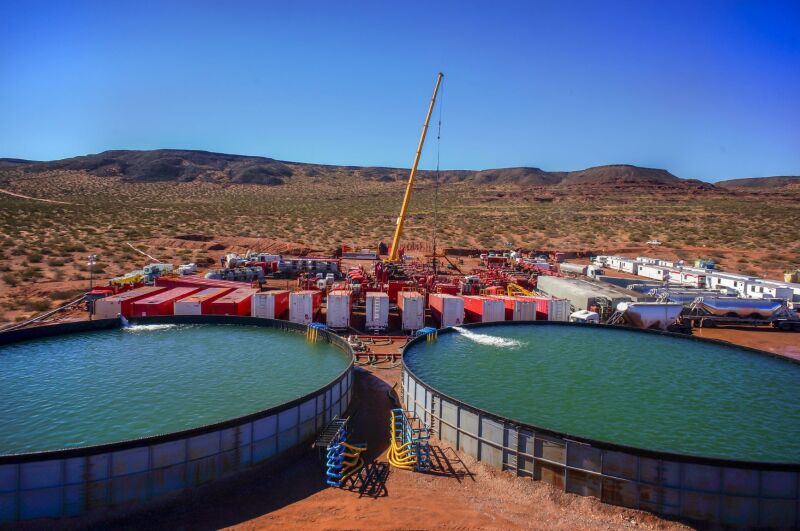Argentina has the world’s second-largest shale gas reserves and the fourth-largest shale oil reserves, concentrated in the Vaca Muerta formation. Vaca Muerta (Spanish for “dead cow”) is a geologic formation in the Neuquén Basin in northern Patagonia, Argentina. This exploitation and development of this resource has been slow compared with that of other shale basins. The 2020 plunge in oil price, the effect of the COVID-19 pandemic, and a reduction in global demand have brought activity in the Vaca Muerta nearly to a halt. Even before these events, however, its progress was not what it could have been. Its expansion and growth is dependent upon foreign investment. Even though costs and market conditions are important for its development, regulation and trust in the fiscal and regulatory framework are fundamental to attract the required investments. Health, safety, and environment (HSE) rules are a key component in the regulatory framework for oil and gas exploitation.
Argentina Oil and Gas: Exploration, Production, and HSE Legal Framework
Argentina’s exploration and production of oil and gas is defined mainly by the following legal framework:
The latter law aims to promote foreign oil and gas investment in a context of declining production and increasing imports, which created the need to lift nonconventional exploration and production (mainly Vaca Muerta shale oil and gas). From 1990 through 2007, Argentina was a net exporter of natural gas, while in, 2008, it became a net natural gas importer.
Law No. 26.741 promotes the integration of national and foreign capital in strategic alliances for exploration and production of conventional and unconventional hydrocarbons. In 2017, Resolution No. 46-E was introduced to promote natural gas production from unconventional sources (the program is valid until 31 December 2021) and Decree No. 629 was introduced to facilitate the obtaining of equipment and new technologies for the hydrocarbon industry.
The minimum environment standards to be followed by all industries, including oil and gas, are mandated by Law No. 24.051 regarding hazardous waste, Law No. 25,612 regarding industrial waste, and Law No. 25,675 regarding general environmental directives. Although the regulations in Argentina do not include incentives to meet expected environmental standards, they do include sanctions for not complying with the required established levels.
Law No. 19.587 provides general health and hygiene guidelines. It aims to protect the physical and mental integrity of workers, targeting the health risks they face in the workplace and their physical environment.
Vaca Muerta Current Situation
As reported by the US Energy Information Administration, 2017, 2018, and 2019 saw growth in Argentina’s Vaca Muerta shale and tight gas production. In 2019, the formation had its highest historical level, seeing an increase of 33% in production over 2018. In early 2020, new legislation was declared to be in the pipeline pandemic and subsequent oil-price crash occurred in March and put the regulation on standby. Also, a few weeks before the start of the pandemic, new HSE regulations were being discussed and a security committee for the workers of Vaca Muerta was being negotiated.
Currently, production levels in the Vaca Muerta are recovering, trying to get to prepandemic levels. Investment in this resource, however, has been severely affected this year by capital spending cuts triggered by the oil-price crash. The government indicated in September that it is working on a plan to promote Vaca Muerta’s development, targeting an industry that can drive the required exports to help an economy that was in a perilous situation even before COVID-19. In the present context, the HSE regulation focus is now on how to deal with the pandemic, mainly promoted by the union representing oil and gas workers in order to ensure proper and safe work environments.
While the costs of production and market circumstances drive the future of this high-potential reservoir, building trust in the legal framework, including those regulations involving HSE, is vital to attract the level of investment with long-term views required to develop the Vaca Muerta, as is building trust in the energy plans for the country.


